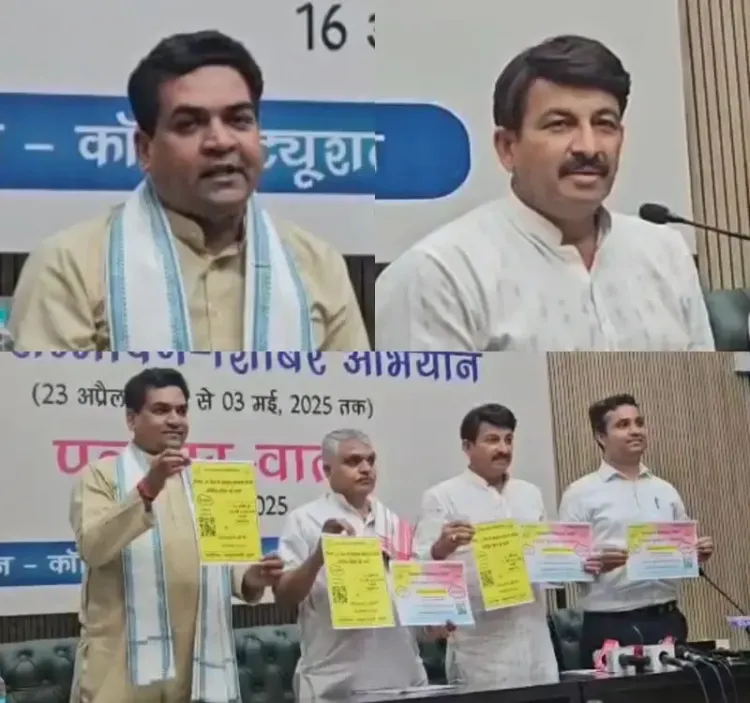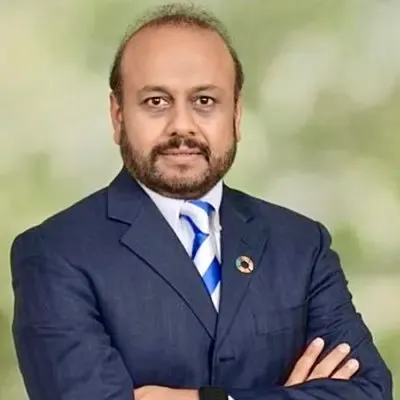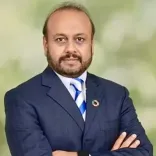1008 Sanskrit Camps to Take Place in Delhi from April 30 to May 3

Synopsis
Key Takeaways
- 1008 Sanskrit Sambhashana Shivir to run from April 30 to May 3.
- Opportunity for free spoken Sanskrit learning.
- Grand concluding event with Amit Shah on May 3.
- Over 30,000 participants expected.
- Sanskrit is essential for cultural heritage.
New Delhi, April 16 (NationPress) In a significant move aimed at revitalizing and popularizing one of the world's oldest languages, Sanskrit Bharati Delhi is gearing up to launch the ‘1008 Sanskrit Sambhashana Shivir’ initiative from April 30 to May 3.
This initiative will offer individuals from all backgrounds a chance to learn spoken Sanskrit in a straightforward, accessible, and complimentary manner.
The program will conclude with a grand event on May 3, where Union Home Minister Amit Shah is anticipated to grace the concluding ceremony at the Delhi University campus, which is expected to attract over 30,000 participants.
BJP MP Manoj Tiwari, during a pre-launch gathering, shared his heartfelt connection to the Sanskrit language.
“In Delhi, I’ve frequently observed advertisements promoting ‘Learn English’. However, for the first time, we’re witnessing ‘Learn Sanskrit’ -- which is truly historic,” Tiwari remarked during a press conference.
“Sanskrit has significantly influenced my life. It pains me that some individuals attempted to politicize or marginalize such a magnificent language. I traveled over six hours to be part of this event because I believe Sanskrit is not merely a language -- it’s the bedrock of our culture. It’s easy to grasp and profoundly enriching.”
Kapil Mishra, another BJP leader, commended Delhi Chief Minister Rekha Gupta for backing the initiative.
“This campaign is a source of pride for Delhi. Camps will be organized at 1,008 locations across the city in just ten days. The presence of Amit Shah on the final day underscores the significance of this event. History is indeed being made,” he stated.
“Sanskrit is on the path to reclaim its rightful status in society.”
Sanskrit, often dubbed the mother of several modern Indian languages, is a classical language in which the Rigveda, the world’s oldest known text, was composed. Scholars estimate the Vedas were written between 6500 B.C. and 1500 B.C., highlighting the profound historical significance of the language.
Linguist William Jones, who was well-versed in Latin and Greek, once characterized Sanskrit as “more perfect than Greek, more copious than Latin, and more refined than either.”
Despite its ancient roots, Sanskrit remains in use by scholars in India and in countries such as the United States and Germany. It is recognized as one of the 22 scheduled languages under the Eighth Schedule of the Indian Constitution.










